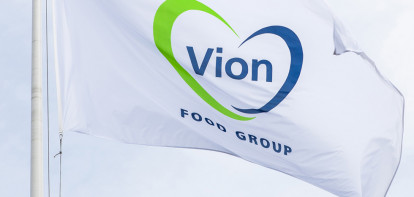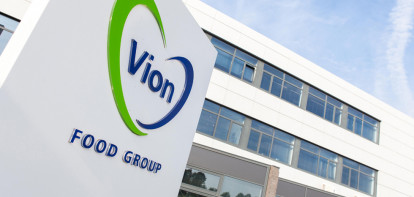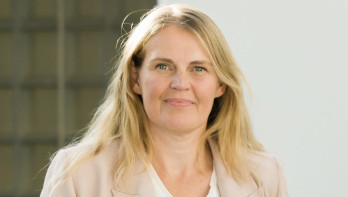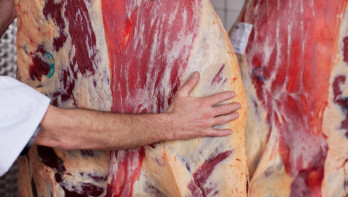Analysis Insights
Struggling Vion increasingly cornered by banks
In 2025 it will be exactly one hundred years ago that the predecessor of the current Vion started slaughtering pigs. A century later, this should be cause for a celebration, but the question is whether there is room for a party at the crisis-ridden company. 2025 will be the year of truth, as Vion will then need to be refinanced. The question, however, is whether this will succeed, as there are increased financing risks. Something that Vion itself must also openly acknowledge.
At Vion, more money is structurally leaving the organization than coming in, which according to the meat company is largely due to higher purchase prices and wage inflation. It was already announced last week that the company suffered a large loss of over €90 million last year. And from the annual report published this week, it appears that at the end of 2023 there was also a negative cash flow of €25.5 million. This is a significant deterioration compared to a year earlier (2022), when there was still a positive cash flow of €39.7 million. If the current situation persists, it could lead to payment problems.
Extra working capital comes at a price
For now, Vion can still easily avert acute liquidity problems by tapping into additional working capital. Vion has a credit facility of €250 million with a consortium of banks, including ABN Amro, Deutsche Bank, and Rabobank. In addition, Vion has an additional credit facility of €75 million in Germany. Of the €250 million, €145.9 million was utilized by the end of last year. This is an increase of a whopping €94.6 million compared to a year earlier. However, utilizing additional working capital is not without risks and comes at a price. The interest expenses have significantly increased due to rising Euribor rates, on which the loans are based. The interest rate rose by over 3 percentage points to an average of 4.69% last year. According to Vion, the interest rate risk on this loan is partially hedged through an undisclosed interest rate ceiling.
Just above the danger zone
Due to the extra working capital, the group's equity evaporated by €94.8 million last year to €276.4 million. This further deteriorated the company's solvency to 26%, which is just above the danger zone. These are very worrying figures for the company. Vion also indicates that there are risks regarding continuity. This is mainly related to the refinancing of the debts. The credit facility of €250 million will expire in December 2025. In principle, it can be extended with the aforementioned banking consortium, as was done in 2020. However, the risks will be reassessed. Three factors are crucial here: the financial position of the company, market prospects, and reputation.
The refinancing process will start in early 2025. Vion seems to be entirely dependent on external funders, as shareholder ZLTO does not seem financially strong enough to play a significant role. This means that Vion must quickly stabilize to prevent further issues. It's not that Vion hasn't taken action to turn the tide. As known, the company plans to gradually exit Germany, where costs have been exceeding revenues for years. According to the current management, Vion is reducing risks related to refinancing with this step.
On or behind schedule?
It is noteworthy that in last week's press release, Vion stated that the transformation process is on track. However, in the annual report, Vion mentions that the transformation is actually lagging behind the forecasts. The annual report also states that further reduction of the livestock will continue to weigh on future results, which is a bad sign for the current fiscal year; not only in Germany. In the Netherlands as well, Vion is facing overcapacity in slaughterhouses, while further reduction of the pig population is imminent. In other words, even after Vion closes the door in Germany, the problems are not suddenly resolved. Especially since African swine fever poses a very real threat in the Netherlands as well.
For a stable future of Vion, the refinancing process is a crucial factor. This will be by far the most important task for the new management that will take office next year - when Vion celebrates its hundredth anniversary - even though there is no fresh blood entering the organization. The current CFO, Tjarda Klimp, will be promoted to CEO. The advantage is that she knows the problems like no other and can therefore act quickly. However, despite the urgency, Vion seems to be heavily reliant on the leniency of banks. In any case, the high debts will continue to haunt Vion in the coming years.




